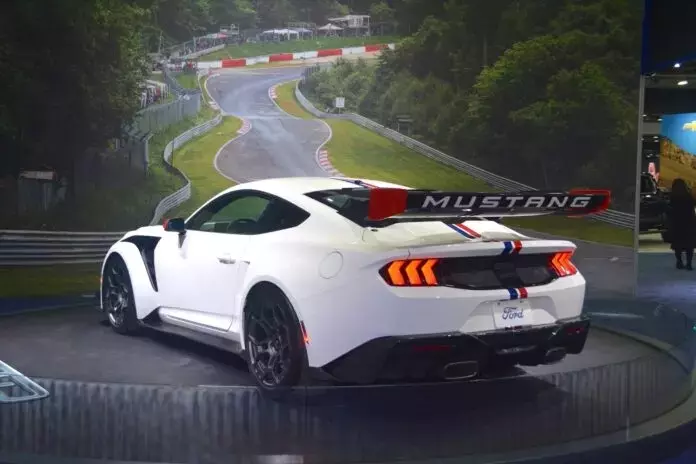
The 2025 Detroit Auto Show, held at Huntington Place in downtown Detroit, marked a significant shift from its once prestigious status. After several years of attempting to reinvent itself as an outdoor September event, the show has returned to its traditional January slot. The reduced attendance and participation suggest a decline in influence for both the city and the auto industry. Major automakers have scaled back their presence, with many opting for online releases instead of extravagant physical displays. This year's event has been renamed "The Detroit Auto Show," signaling a departure from its former title, "North American International Auto Show."
A Closer Look at the 2025 Detroit Auto Show
In the heart of the Motor City, during the crisp winter season, the Detroit Auto Show attempted to reestablish its prominence. Despite efforts by American manufacturers to support the event, there was a noticeable lack of enthusiasm. Stellantis led the charge with an extensive display featuring multiple model variations, a concept car, and an indoor Jeep Experience that showcased the brand’s off-road capabilities through an obstacle course. General Motors presented vehicles from all its divisions but seemed to underutilize its allocated space. Ford made a strong showing with preproduction models and its own off-road demonstration course for the Bronco. Kia contributed a concept car to its modest exhibit.
Over 60% of the exhibition floor was dedicated to demonstration tracks, including off-road courses for Jeep and Ford, an internal combustion engine test track, and a crowded electric vehicle trial area. Unfortunately, the polished concrete floors posed traction challenges, limiting the experience for visitors who were relegated to passenger seats. Media days were condensed into a single day, combined with supplier tours, resulting in a less bustling atmosphere than in previous years.
Electric vehicles took center stage, reflecting the industry's shift towards sustainable technology. Cadillac unveiled three new electric models, while GMC and Stellantis also showcased their latest electric offerings. Despite these innovations, the overall ambiance felt sparse and lacked the excitement of past events.
The future of the Detroit Auto Show remains uncertain. Whether it can reclaim its former significance or will fade into obscurity as just another regional event is yet to be determined. The decline may also signal a broader trend of diminishing importance for traditional auto shows in an era dominated by digital platforms.
From a journalistic perspective, the 2025 Detroit Auto Show serves as a poignant reminder of how rapidly industries can evolve. The shift from grandiose physical exhibitions to online showcases reflects changing consumer preferences and technological advancements. It underscores the need for adaptability in both the automotive sector and event planning. As we witness this transformation, it prompts us to question the future role of such events in promoting innovation and connecting brands with consumers.
